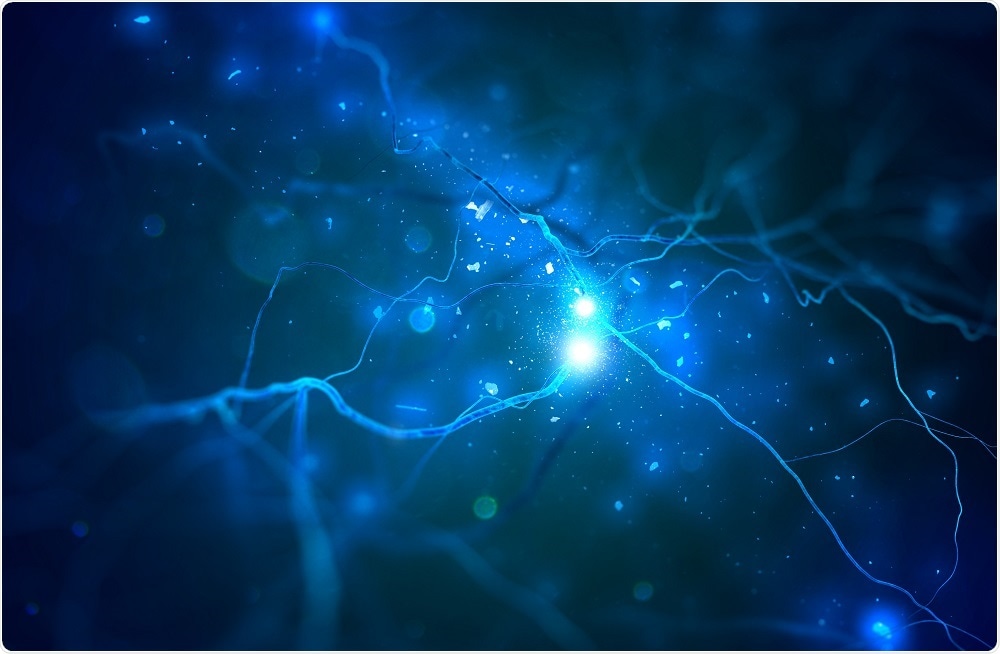A new study has shed light on the reason why males are more at risk than females for neurodevelopmental disorders.
 Image Credit: Andrii Vodolazhskyi / Shutterstock
Image Credit: Andrii Vodolazhskyi / Shutterstock
Researchers already know that anxiety tends to affect women more than men, while neurodevelopmental disorders such as autism, schizophrenia and ADHD are more common among men. Men also tend to be more affected by prenatal insults including maternal infection and gestational stress.
Now, Dr. Tracy Bale (University of Maryland School of Medicine) and colleagues have identified a molecular mechanism underlying this disparity.
As reported in the journal Nature Communications, Bale and team found that a molecule called O-linked N-acetylglucosamine transferase (OGT), which plays an important role in placental health, is involved in determining sex-specific patterns of gene expression.
OGT appears to work via a histone methylation called H3K27me3 occurring on histone 3, which affects how genes are expressed.
The study showed that high levels of H3K27me3 in the placenta increase resilience to maternal stress. This suggests that there is at least one pathway that enables women to be more resilient than men to stress experienced by the mother.
Dr Bale suggests that this pathway may explain the gender-specific disparity in the risk for neurodevelopmental disorders.
OGT and H3K27me3 in the placenta are crucial to a lot of protein encoding that occurs during pregnancy, and so this process has a lot of downstream effects. The OGT gene is on the X chromosome and seems to provide a level of protection for the female fetus to perturbations in the maternal environment."
Dr. Tracy Bale
The association between stress and the risk for neurodevelopmental disorders has been a key focus in many of Dr Bale’s studies, which have previously demonstrated novel sex differences that may predict a greater risk of disease among males.
In one study of mice, she found that paternal stress can result in changes in the sperm that influence how the brain develops in offspring.
She also discovered that the offspring of male mice with chronic mild stress have a decreased hormonal response to stress – a response that has been associated with certain neuropsychiatric conditions.
These findings suggest that the health of offspring can be significantly influenced by even mild challenges in the surrounding environment.
Source:
https://www.eurekalert.org/pub_releases/2018-07/uoms-sim070318.php